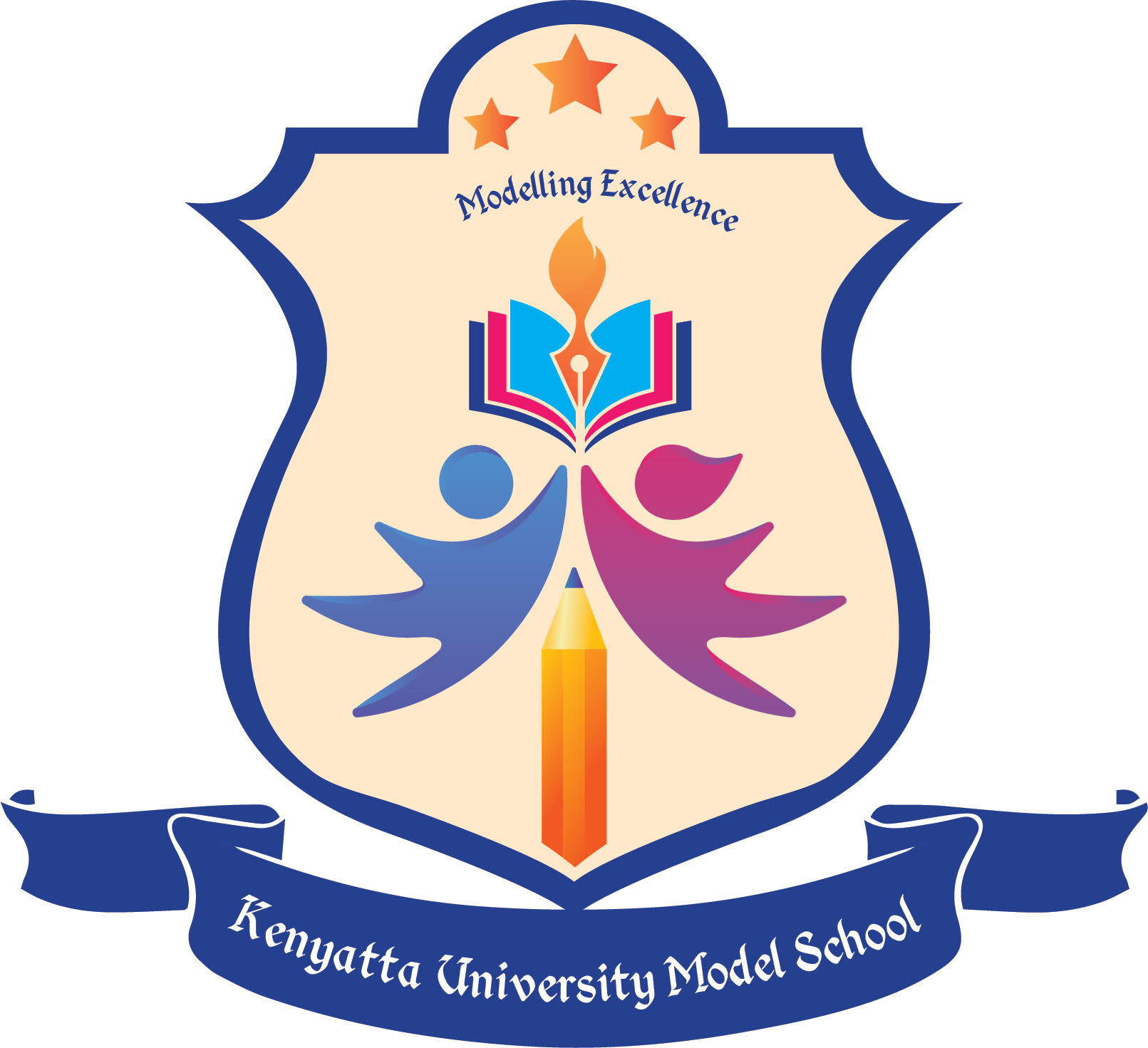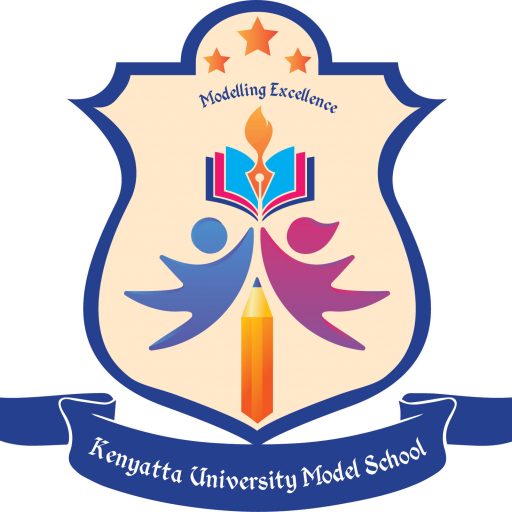In the hustle and bustle of academic rigors, it’s easy to overlook the significance of play in a child’s education. However, play is not just a frivolous pastime; it’s a crucial component of a child’s development. In this blog, we explore the importance of incorporating play into the curriculum and how it contributes to holistic learning experiences for our kids.
**1. Play as a Fundamental Learning Tool
Play is a child’s natural language, and it serves as a powerful tool for learning. Whether it’s imaginative play, role-playing, or engaging in creative activities, children develop essential cognitive, social, and emotional skills through play. It fosters curiosity, problem-solving, and critical thinking in a way that traditional classroom settings might not.
**2. Cognitive Development Through Play
Play stimulates various areas of a child’s brain, enhancing cognitive development. From building blocks to puzzles and educational games, these activities promote spatial awareness, logical reasoning, and mathematical thinking. Playful learning experiences help children grasp complex concepts in a hands-on and enjoyable way.
**3. Social Skills and Teamwork
Interacting with peers during play provides children with opportunities to develop social skills such as communication, cooperation, and conflict resolution. Through group play, children learn to share, negotiate, and work together toward common goals – skills that are invaluable in both academic and real-world settings.
**4. Emotional Regulation and Well-being
Play is a natural outlet for emotional expression. Whether it’s through art, music, or dramatic play, children learn to understand and manage their emotions. Engaging in play allows kids to express themselves freely, fostering emotional resilience and a positive sense of well-being.
**5. Creativity and Imagination
One of the most significant benefits of play is its ability to fuel creativity and imagination. When children engage in imaginative play, they create scenarios, stories, and worlds of their own. This fosters creativity, innovation, and a love for exploration – qualities that are essential for success in various academic and professional pursuits.
**6. Physical Health and Motor Skills
Outdoor and active play contributes to the physical well-being of children. Running, jumping, climbing, and other physical activities not only keep kids healthy but also enhance their motor skills and coordination. A balance between physical play and sedentary learning activities ensures overall development.
**7. Reduction of Stress and Anxiety
In the pressure-filled world of academics, play serves as a natural stress reliever. Allowing children the freedom to engage in unstructured playtime reduces anxiety and provides a healthy outlet for the pressures they may face in their academic pursuits.
**8. Integration with Academic Subjects
Innovative educators are finding ways to seamlessly integrate play into academic subjects. Math games, science experiments, and language-based activities can all be approached through play, making learning enjoyable and memorable for children.

